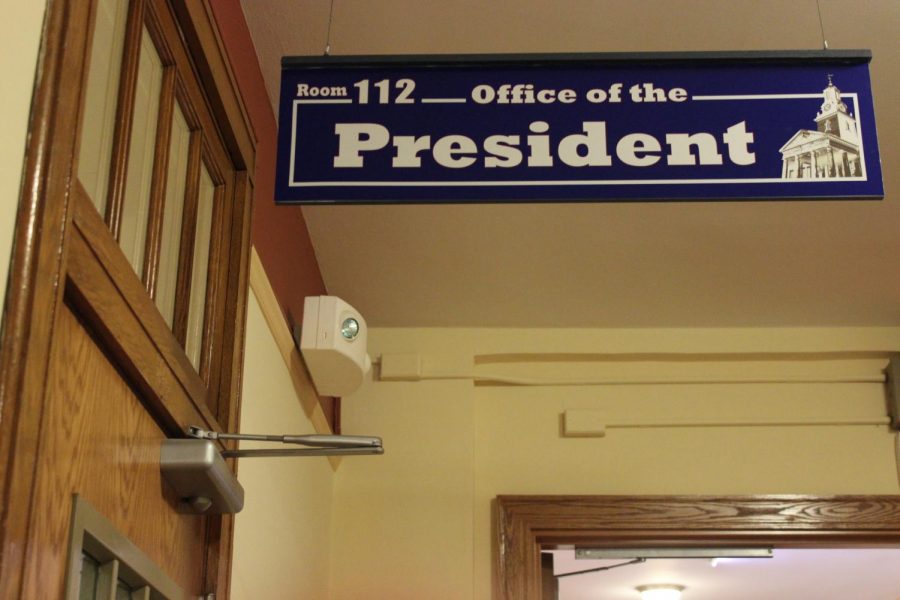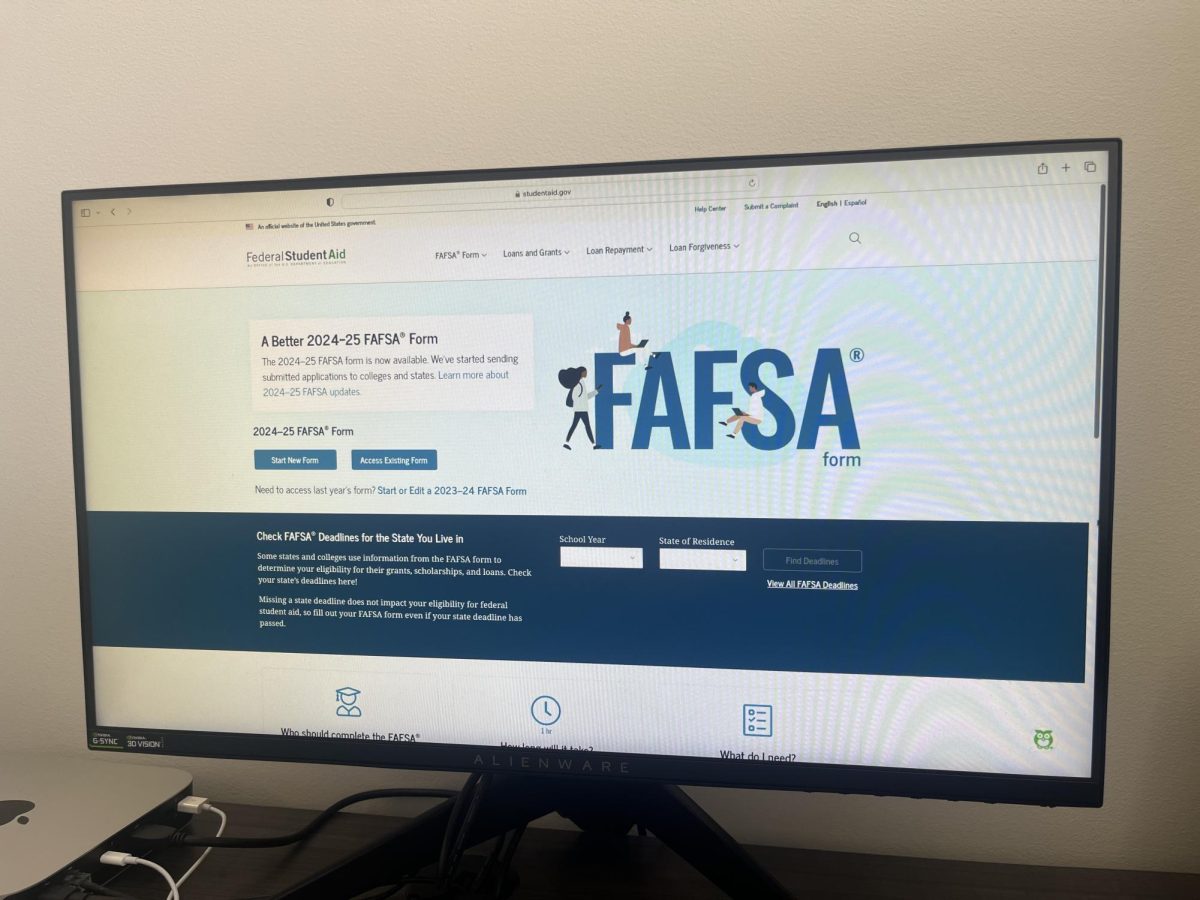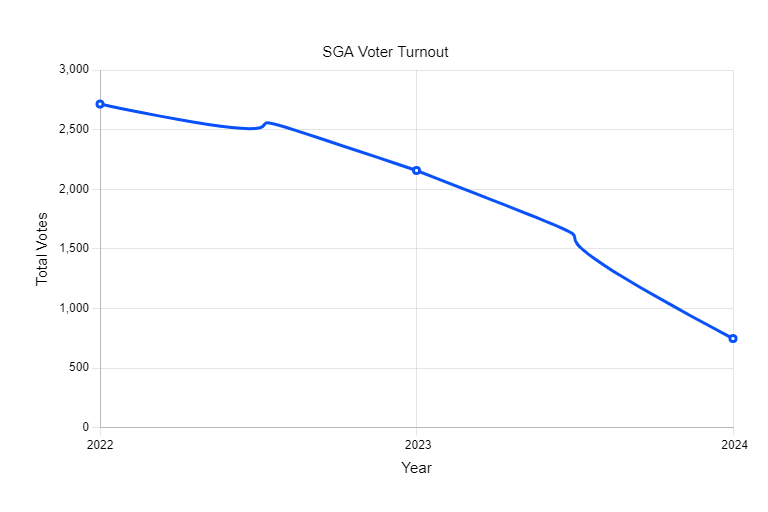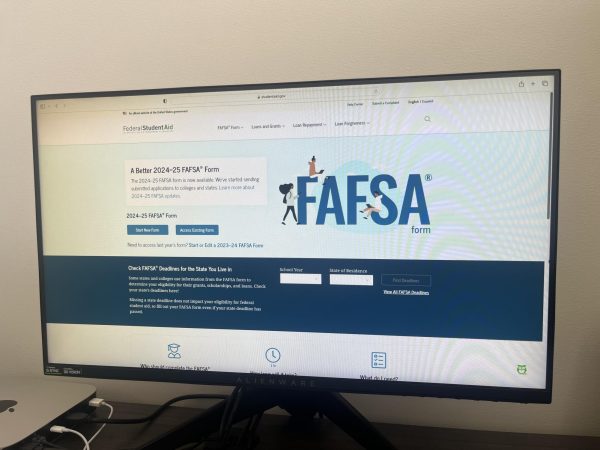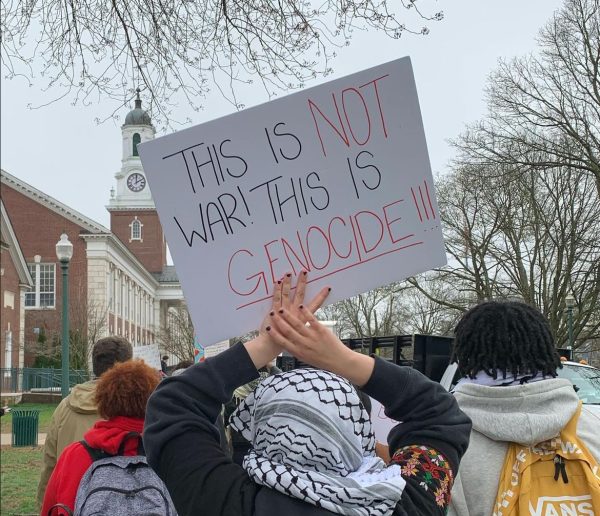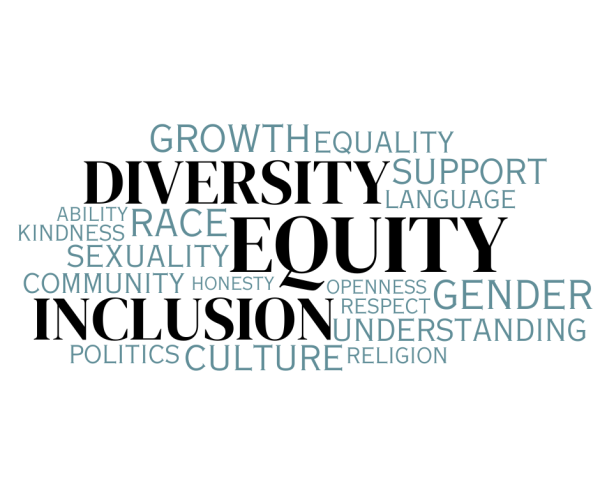CCSU To Investigate ‘Bullying Concerns’
Central Connecticut will be investigating the bullying allegations listed in the university’s task force report.
February 5, 2019
Survey responses included in the Central Connecticut-led Task Force on Sexual Misconduct, Bullying and Campus Climate revealed many faculty-on-faculty and staff-on-staff “bullying” incidents. As a result, CCSU will investigate on-campus “bullying concerns” as part of its reengineering of campus safety policies and procedures.
One survey response included in the Task Force’s report reads that the participant experienced their “supervisor being manipulative, controlling with abuse of power. … CCSU has a toxic culture, there is a lack of team building…”
“I will appoint a group that will first define for us clearly what bullying means because there are too many definitions,” CCSU President Dr. Zulma Toro said on these results. She categorized the responses as reflecting “workplace harassment.”
Interviews conducted during the Task Force’s investigation saw bullying-related “discussions and experiences.” In the Task Force’s report, these are classified as “mostly anecdotal,” and those interviewed “all recognized a need to be concerned about bullying, but a clear and well-defined definition was elusive.”
Additionally, the bullying complaints that came from a campus-wide survey administered last November like the one above, Dr. Toro said, were what prompted her to ask the Task Force to include bullying in their investigation.
A second response states that there is a “Games of Thrones atmosphere.” It continues on to say that “[Human Resources] is overwhelmed” and that the respondent has been “waiting for a follow up to appt. five weeks ago in regard to duties that are outside of job description.”
Further, it states that the respondent “Cannot speak with the VP, they will only talk to you along with your supervisor, so it is difficult to express the wrongdoings within the dept. They appear to not be trained to manage and to lead.”
Another response alleges that “the Chief of Diversity and Equity Office put in a serious risk an employee (or any other members of the CCSU’s community) who reports about wrongful, engaging, or doing illegal activity by other members of the CCSU. This is critical, and this is the main reason that many people affected by perpetrators keep in silence.”
Another, presumably by a student, claims that “you are surrounded by bullying, harassment… If I wasn’t this far into my degree I would have transferred…”
Moreover, 50 percent of the survey’s respondents said they did not receive information or training on how to recognize bullying in the past 12 months. Further, 51 percent of respondents said they did not receive information or training on how to report an incident of bullying in the past 12 months, according to the results in the Task Force report, and only 24 percent of respondents had been invited to participate in a bullying campus training.
The Task Force recommended that CCSU “implement a bullying policy that provides a precise definition with specific scenarios.”
“Without the definition, you are not able to assess how big of an issue it is. That’s the basic thing we have to do,” Dr. Toro said. “We need to have a definition that we can all agree on and then based on that definition, establish some processes to avoid that type of behavior and recommend some policy changes to the Board of Regents.”
Dr. Toro emphasized that all of the data and complaints will be taken into account during the reengineering process and that the investigation and defining “has to be done by a third party.”
“We have the support system in place and we continue to receive complaints and address those complaints,” Dr. Toro said. She noted that “a different investigative model is needed for all complaints.”
CCSU currently does not have an anti-bullying policy or campus-wide trainings. The Task Force’s report mentions that History Department Chair Dr. Katherine Hermes hosted anti-bullying workshops in previous years.
Hermes said in an interview with The Recorder that she “knew the [workshops] could not become a regular event,” stressing that they were not formally called “trainings” because she was “knowledgeable about workplace bullying more as a legislative advocate than a trainer” when administering them. She added that addressing workplace bullying will be “difficult.”
“A lot of HR professionals were skeptical of [anti-bullying training] initially and many still are, in part because there will always be employees who mistake criticism for bullying or unsocial behavior as abusive,” Hermes said. “What professionals mean by workplace bullying is more akin to psychological abuse similar to domestic violence without the punching.”
Dr. Toro stated that she herself is not aware of why Hermes’ initiatives were not implemented, as the university “[doesn’t] have any records here of anything related to bullying except President Jack Miller [declaring] a week to anti-bullying behavior.”
Dr. Toro said that data on bullying and other concerns detailed in the Task Force report would be collected this semester through a Campus Climate survey that would be analyzed by this June.
“That data will guide us in identifying the specific areas and what initiatives need to be implemented,” Dr. Toro explained.
The third-party team Dr. Toro will appoint will be the one to do the analysis and will recommend how often the survey needs to be conducted. Dr. Toro said she anticipates it will be done on an annual basis and stated that the results would be made public.
“I am an open book. Anything I know, the campus will know,” she said. “It feels to me that we’re making progress.”
